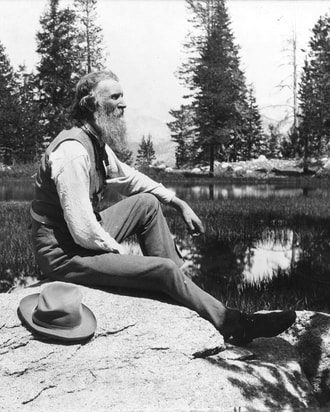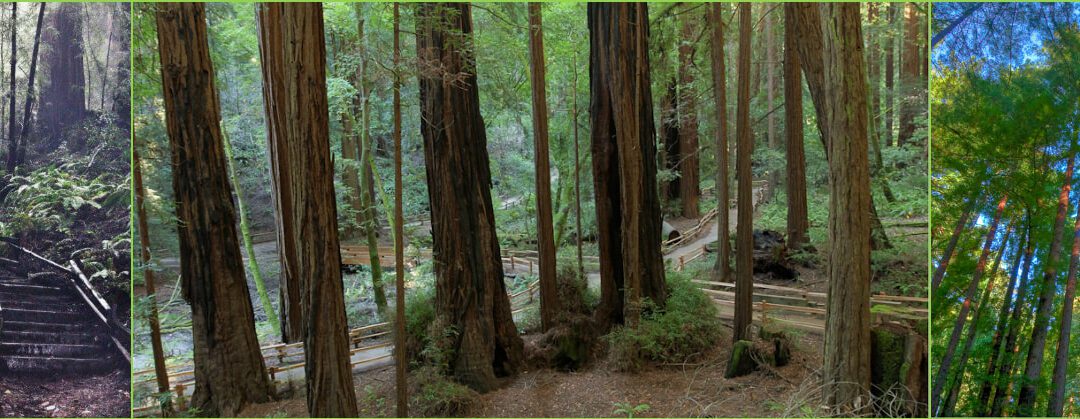But does it need a new name?
Set aside for protection in 1908 by President Theodore Roosevelt, the park is named after naturalist John Muir, who has been called “The Father of our National Parks” and a “Wilderness Prophet.” Muir has, by a recent count from the San Francisco Chronicle, more than 50 places in California named after him, including our neighbor Muir Beach, as well as at least one high school, 21 elementary schools, six middle schools and one college named after him, as well as a glacier, a mountain, a woods, a cabin, an inlet, a highway, a library, a motel, a medical center, a tea room and a minor planet, according to Atlas Obscura.
 John Muir, circa 1902. Library of Congress.
John Muir, circa 1902. Library of Congress.
“As the most iconic figure in Sierra Club history, Muir’s words and actions carry an especially heavy weight,” Brune continued. “They continue to hurt and alienate Indigenous people and people of color who come into contact with the Sierra Club.”
That hurt and alienation has no shortage of tangible examples. In 1838, the Cherokee Indians were evicted from their homes in the Smokey Mountains in the dead of winter by white settlers’ hungry for their land and gold—even though a U.S. treaty and a U.S. Supreme Court decision guaranteed their land rights—and forced to walk more than a third of the way across the continent to Oklahoma, a march that would kill 4,000 people and come to be known as the Trail of Tears.
Muir described the Cherokee homes he found as, “the uncouth transitionist …wigwams of savages,” according to the Atlas Obscura. “He described the homes of the very settlers who may well have drove them out as, ‘decked with flowers and vines, clean within and without, and stamped with the comforts of culture and refinement.’ For a man who supposedly walked with eyes wide open, this is a profound moment of blindness.”
The Miseducation of John Muir piece continued:
This is the dark side of the Muir mythology, and one that was highlighted on his Southern journey. The man who thought of nature as a cathedral, and regarded, “whales and elephants, dancing, humming gnats,” and even “invisibly small mischievous microbes” as divine, regarded Native Americans as subhuman. Later, in California, he called them: “dirty,” “garrulous as jays,” “superstitious,” “lazy.”
But in the aftermath of Brune’s post about the Sierra Club, the National Park Service doesn’t appear to be interested in renaming the Muir Woods. In a statement issued July 23, the Golden Gate National Recreation Area, which includes Muir Woods and Muir Beach said that National Park designations must be directed by Congressional legislation or presidential proclamation, but saw no need for a name change, according to the Mercury News.
“Across the country, the National Park Service maintains and interprets monuments and sites that commemorate and memorialize historical figures, including those who represent important, and painful, chapters in our nation’s history,” the agency said in the statement.
In the statement, GGNRA officials pointed out that Muir Woods already notes that the conservationist who proposed the monument’s name, William Kent, had “espoused anti-immigrant ideas.”
“A hallmark of American progress is our ability to discuss and learn from our history,” the agency said, adding that the park service “is committed to continuing to tell these stories throughout our nation, in all of their complexity.”

